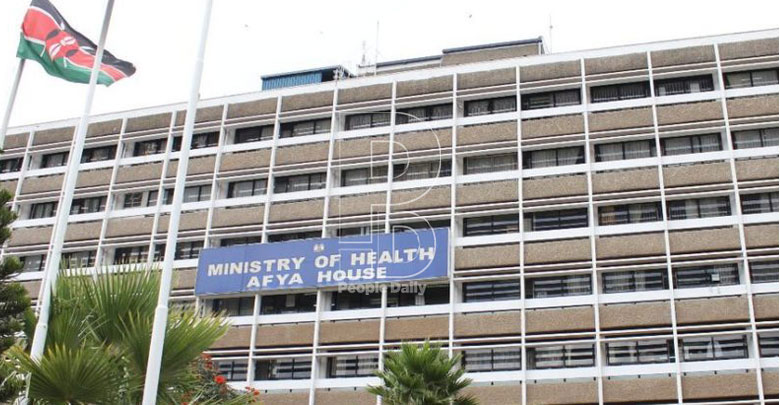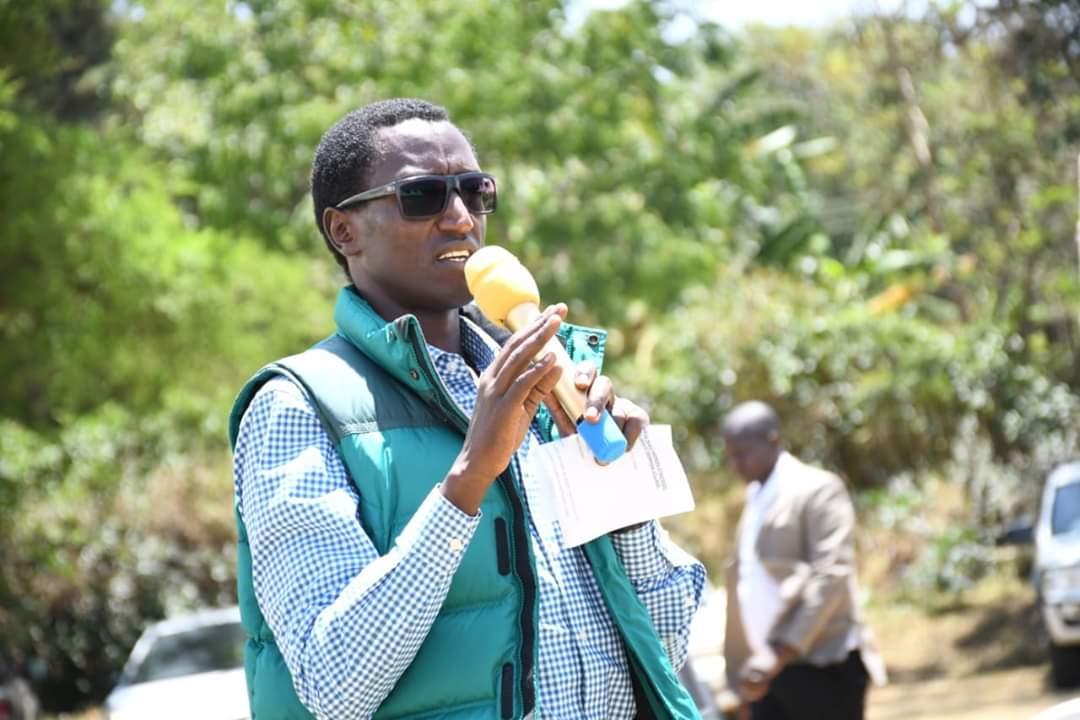Streamline health sector to ensure Universal Health Coverage success

Sabina Akoth
President Uhuru Kenyatta was recently honoured with the political leadership award for Universal Health Coverage (UHC).
The award was bestowed upon him by Access Challenge and the African Union advocates for equal access to healthcare for the worlds most underserved populations.
Kenya emerged as a good case study for the award in line with our aspirations for affordable healthcare for all under the Big Four agenda.
While receiving his award, Uhuru affirmed that UHC will help end poverty and is intended to aid Kenya towards being a newly industrialising and middle-income economy by 2030.
Improving healthcare will also facilitate a healthy and productive population for that national competitive edge.
Under the programme, Kenyans can access free immunisation services, maternal care, better-equipped clinics and improved standards of service delivery within public health institutions.
The nine-month UHC pilot in Kisumu, Machakos, Isiolo and Nyeri counties is giving a glimpse of what we need to prepare for as we join other countries that have fully fledged UHC programmes.
A recent study by the Health Peoples Movement indicated that the programme enjoys good will among citizens—80 per cent of those aware of it said they understood its importance to Kenyans.
In fact, access to quality and affordable healthcare are deemed a priority for both National and County governments.
This is not surprising given the rise in lifestyle and non-communicable diseases, especially cancer, diabetes and cardiovascular diseases.
Further, the survey indicates that over half of the population spends up to Sh10,000 on healthcare annually.
Another majority does not have any form of medical insurance with another 64 per cent travelling over three kilometres to access a healthcare facility.
Regardless, thousands of citizens have continued to seek medical attention from public clinics, health centres and county hospitals.
Within these institutions, studies have reported that admissions and hospitals visits have improved. But while access to life-saving medication has improved, there remains the nagging issue in the quality of services offered.
Majority of those surveyed cited limited medical supplies as a major issue in public hospitals they visited. Others were upset about the long queues and the lengths of time they waited to see a doctor.
Awareness is also lacking in the country as far as health matters are concerned. Many citizens may know they have a right to healthcare, but are grossly unaware of how that right can be realised or exercised.
This enables gross violations and injustices witnessed in the many incidents highlighted by the media.
In light of the mentioned violations, there has to be more stringent disciplinary mechanisms for medical personnel.
It is not uncommon to hear of nurses and doctors betraying their patients for an easy dollar Cases of sexual and other physical and mental abuses of helpless patients have not gone unnoticed.
It is perhaps, the lax manner in which the medical fraternity deals with offenders that makes these violations a recurring problem.
Money is a critical factor in the success of the UHC programme. The survey revealed that those who intend to register for the programme are motivated by the fact that they will be able to access medical services at no cost. This cushion should be sustained as more beneficiaries join the programme.
Improving the quality and accessibility of medical insurance is also critical. The management of the National Hospital Insurance Fund is especially critical given its popularity among Kenyans.
Such regulations must also extend to private health insurance institutions, which are out of the reach of ordinary Kenyans.
Most important, however, will be increased awareness creation on what UHC entails. A national rollout cannot be successful when beneficiaries are unaware of what they should expect from duty bearers. The writer comments on development and social issues










